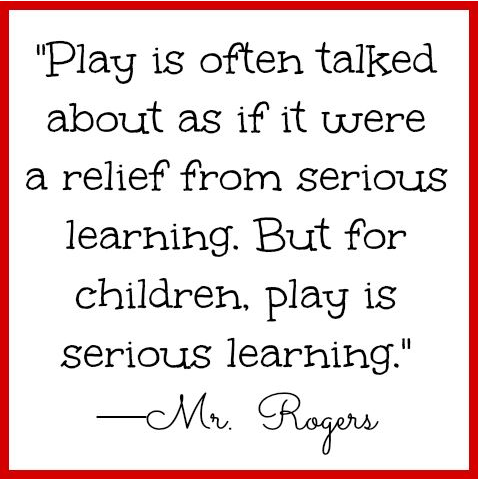Time flies when you're having fun! Who doesn't need time to fly and a little fun right about now?!
Games get a bad rap, and rightfully so. Too often we fall into the trap that games must be low rigor, recall types of activities. This is a quick and easy way to make a miserable day for yourself. Students will fly through a "too easy" game, and you'll be left with class time and rowdy students.
Before you plan a game, ask yourself...
- does it require students to apply their knowledge
- is it designed so that every student participates (most of the time)
If not, save yourself the trouble.
As our school year comes to a close and we prepare students for final exams and another year's coursework, it might be the perfect time to roll the dice on a game.
One of my favorites is Literary Terms Catch Phrase. This can be a chunk of your class time or an excellent filler if you have 5 bonus minutes at the end of the class period.
How to play:
Divide students into teams. Larger teams (5-6) would be okay but teams of 3-4 are preferable. One student from the team will come sit in the "hot seat". This is a chair at the front of the room. This student, the guesser, sits facing the class with their back to the screen. When the game begins, I will advance the Power Point, showing a literary term on the screen behind them. Students on their team will provide synonyms and/or examples to help them guess the word being shown. The goal is to guess as many words as you can in one minute. I also serve in the capacity of score keeper.
I play with very few rules. I don't allow "starts with..." or "rhymes with..." clues because they're lame. Students have to demonstrate that they have a true understanding of the word. Students on another team can "steal" the word in the last 10 seconds and their team can go next. This increases the competitive nature and keeps the attention of all students. Also, some words repeat, so those that pay attention will have the advantage.
 You can scaffold this game to help those that need it or make it more difficult by providing clues. Students who need a nudge can use the words listed below. Another way to play and increase the rigor is to not allow students to use the words listed below (much like Taboo).
You can scaffold this game to help those that need it or make it more difficult by providing clues. Students who need a nudge can use the words listed below. Another way to play and increase the rigor is to not allow students to use the words listed below (much like Taboo).Once you download this PPT, you can amend it to fit with any content you are covering: characters, genres, texts...
This next game is actually utilizing an AVID strategy. It is called Ask the Expert. Choose 5 students to sit at the front of the room and serve as experts. Student groups will work to create questions from the information you have covered in class that day or week. One at a time, they will choose an expert and ask their question. If the expert is able to answer the question successfully, he gets to stay. If he gets stumped, then the person who asked the question gets to take his place. You could implement this with the whole group or have one expert per small group. I love, love that this gets students asking higher level questions! You could provide students with the Question Matrix if they need a little help.
Another quick and easy game I love is Poetic Device Pyramid, and it's a free download on Teachers Pay Teachers. This board is ready-made with poetic device terms but can be adapted for any content. This is a great game to use when your students should already know terms but need a little refresher.
 How to play:
How to play:Have students divide into pairs or trios. One student will sit with their back to the screen. Other students will provide definitions, synonyms and examples to help the student guess the word. When they get it right, every member of the team gives me a little raise the roof and WOOHOO! This sounds silly (and it is) but helps me know when most groups are ready for me to reveal the next word.
I combed the interweb and found some other handy resources:
FREE Jeopardy template
FREE Who Wants to be a Millionaire template
Don't forget faux games! Almost anything that you sell in the right tone of voice and with some sense of novelty can be a "game". For example:
- "It's our independent reading time. I'm looking to see who can get out their book and begin reading the fastest. Ready...go! I see two people that were lightning fast...six people...10 people..."
- Cut up a longer assignment and have students draw X number of questions from the bag the answer. Students could also roll dice to select their questions to answer. You know by now how we love dice!
With a well structured game everyone wins- students are engaged in learning (but don't know it) and the teacher doesn't hate her life.
You know what else will be playful yet powerful- The Curly Classroom Birthday Party! We want to see you there! Click here to register.
You know what else will be playful yet powerful- The Curly Classroom Birthday Party! We want to see you there! Click here to register.


No comments